Plutonium found in soil at Japan nuclear plant
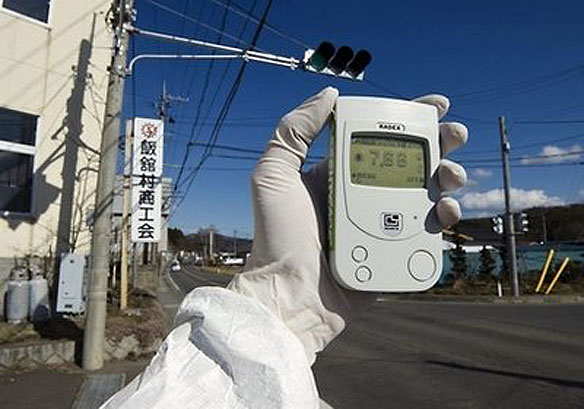
Plutonium was detected Monday in soil at five places at the Fukushima Dai-ichi tsunami-stricken nuclear plant in Japan, but the levels are, allegedly, not believed to pose a threat to human health…
Beach Renourishment Projects in Doubt
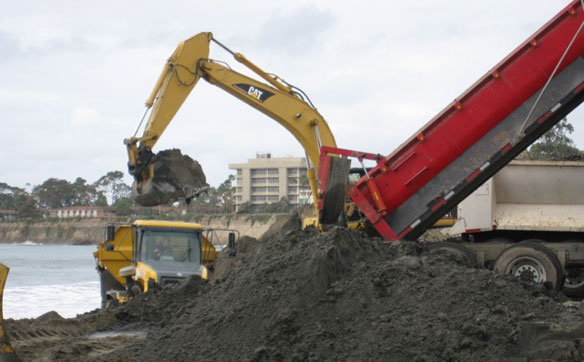
On a narrow stretch of Sand Key, Fl., the beach has eroded from months of rushing waves. Tides eat away at the coast, sweeping sand back into the gulf. Unstopped by the shore, water rolls to the seawall, 20 feet from condominiums. Bordered by 825 miles of sandy shoreline, Florida tops the nation in federally funded beach renourishment.
Earth Hour 2011, in Pictures
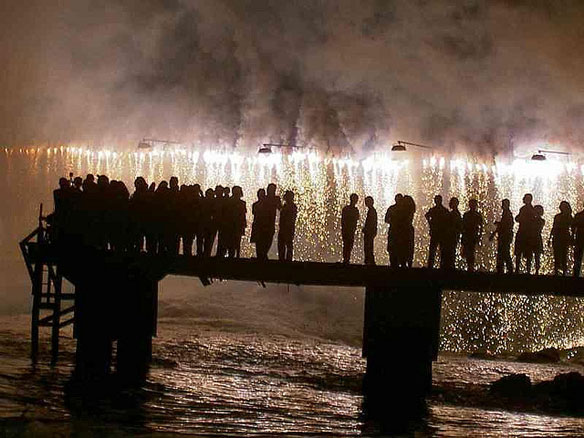
At 8:30pm on Saturday 26 March 2011, landmarks across the world switched off their lights for one hour in a bid to highlight global climate change.
Papua New Guinea Coastal Mine Waste Dumping: The Ramu Mine Case
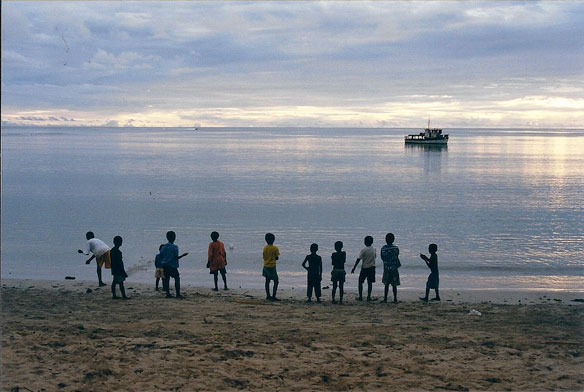
The dumping of mine tailings waste into the shallow coastal marine environment is currently before the National Court of Papua New Guinea, in a case that will have far-reaching implications. At stake are the pristine waters of the Bismarck Sea and the livelihoods of thousands of coastal inhabitants on one hand, and the future of mine waste disposal on the other.
5th International Marine Debris Conference, in Hawaii
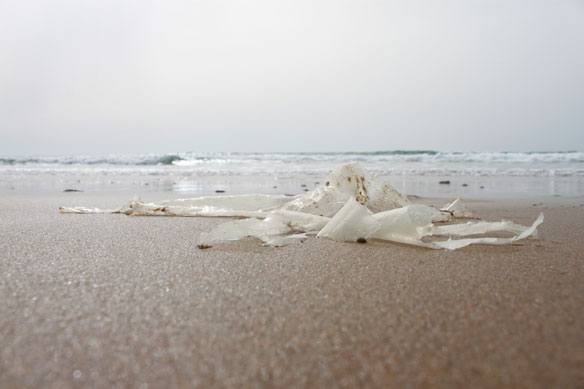
The conference brought together over 440 participants from 35 countries to discuss the most pressing issues surrounding plastic pollution in our oceans and waterways.
Plant Poisons More Than 100 Villagers, Coastal Zhejiang Province China
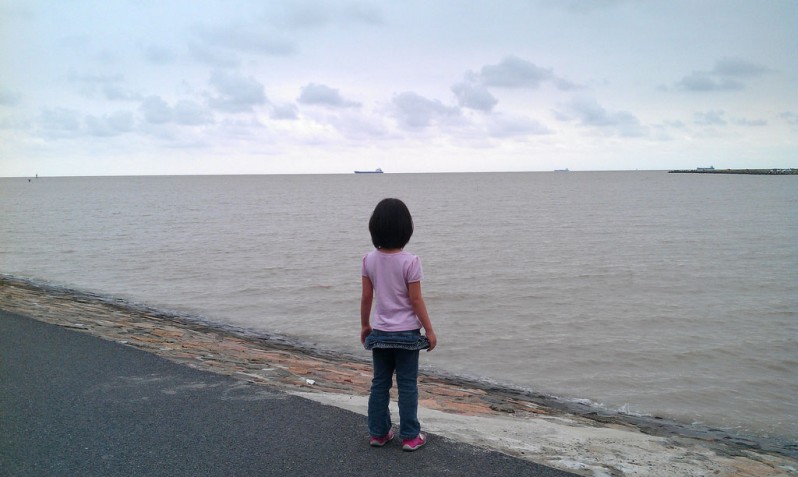
A total of 139 villagers in a village near Taizhou city in coastal Zhejiang province have been found to have elevated lead levels in their blood, Xinhua cited the provincial health department as saying in a statement.
Oldest and Most Controversial US Nuclear Plant, Jersey shore

Half a million people live within what would be the evacuation zone if Oyster Creek were ever to have a radiation accident. In the summer, the population swells with beach-goers heading to the Jersey shore. It is not in a seismically active zone but meteorologists say the coastal state is long overdue for a Category Five hurricane.
The Plastic Found In a Single Turtle’s Stomach
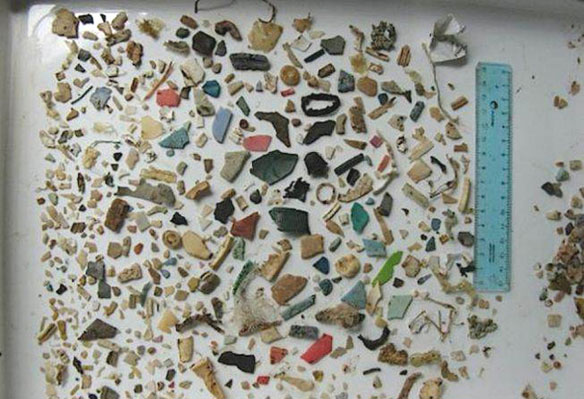
This collection of hundreds of coloured, jagged shards could be a work of abstract art. But the objects in the photograph are the contents of the stomach of a sea turtle, found off the coast of Argentina, that lost its battle with plastic pollution.
European Coastal Pollution Harms Ecosystems, Study Finds
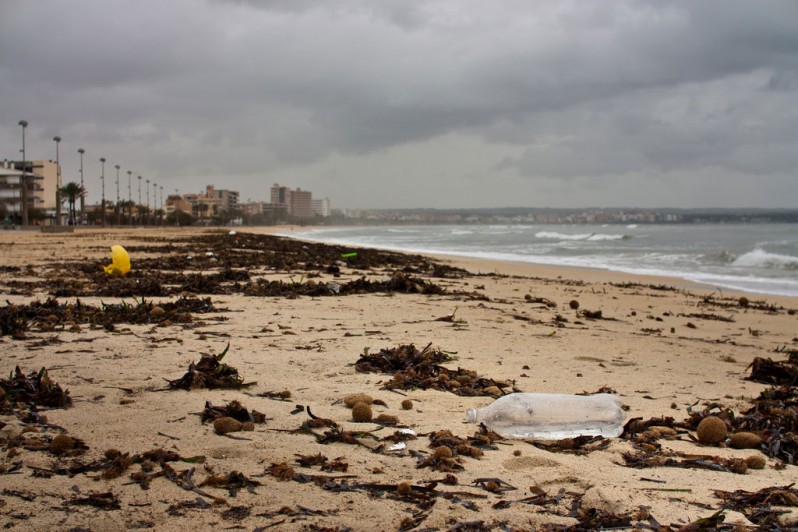
The bodies of harbour seals (Phoca vitulina), which live in estuaries or along coastlines where industrial activities take place, are highly contaminated. This is the result of a European study, involving Spanish participation, which warns of the danger to all the other species that share their ecosystem from ports throughout Europe, even in the Mediterranean.
